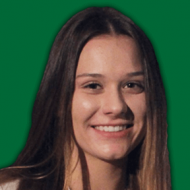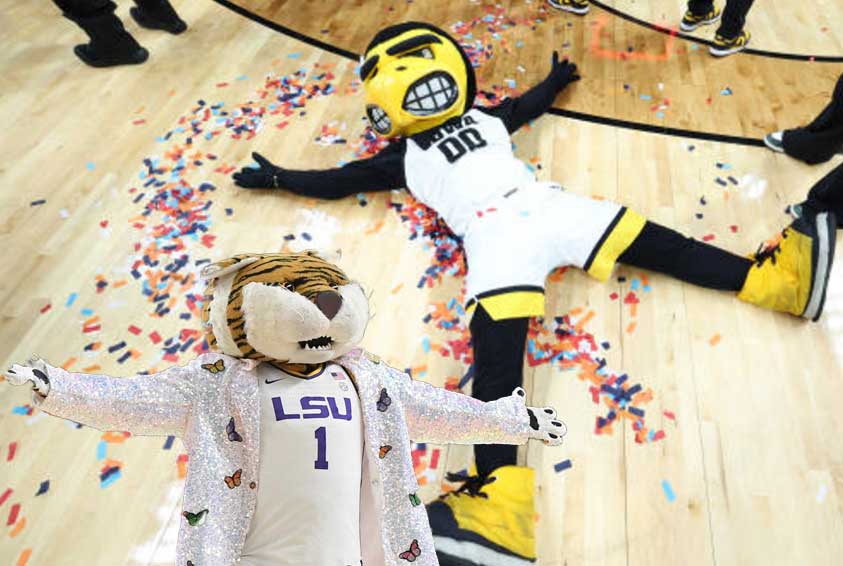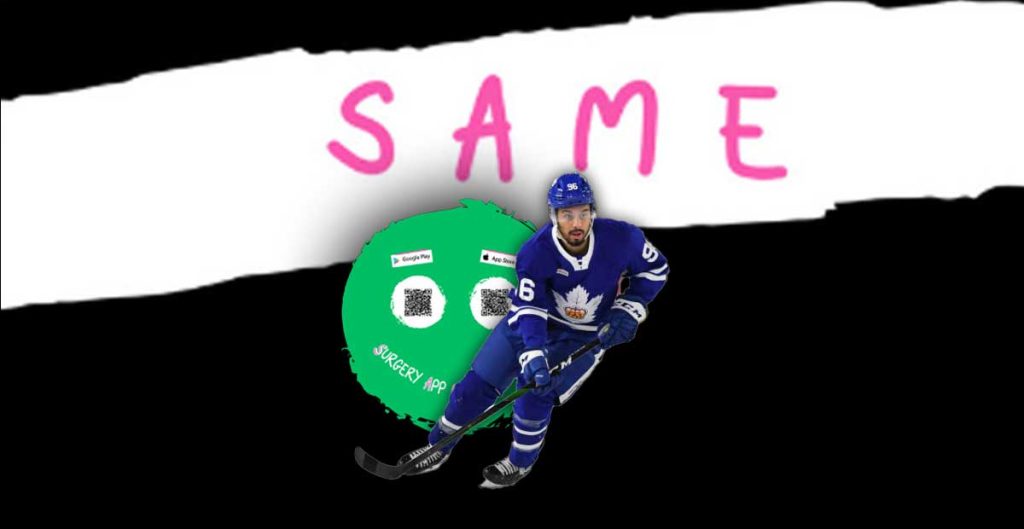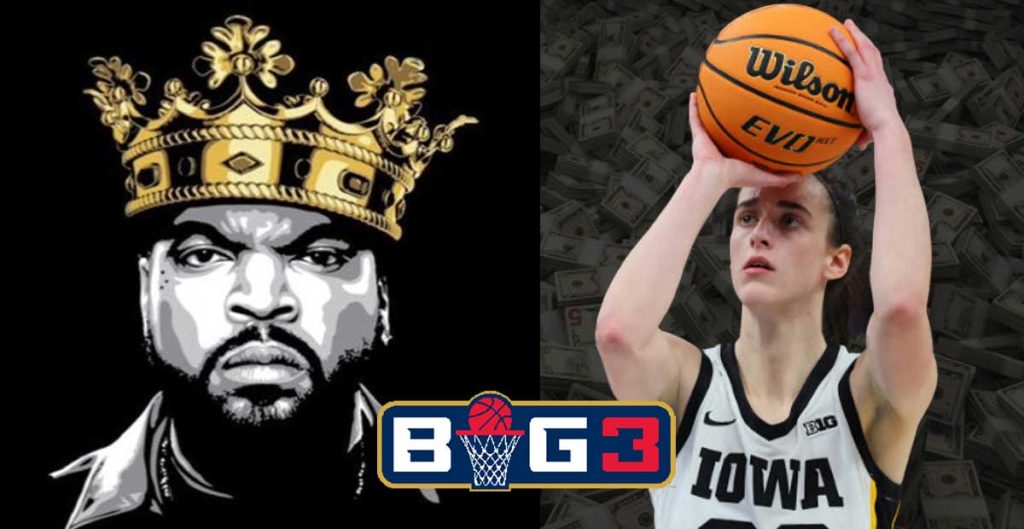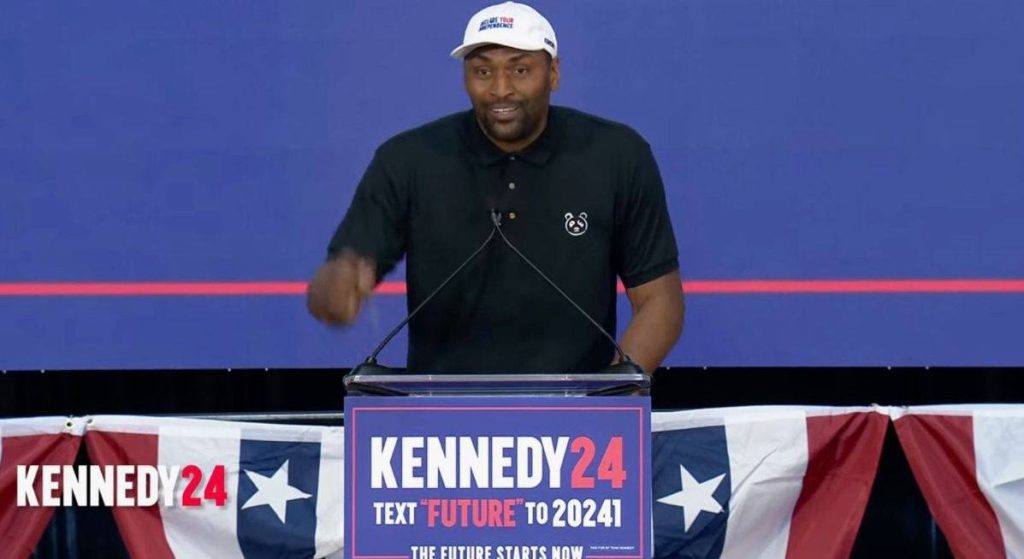
From The Rink To The Pool, Canada Artistic Swimming’s Chief Sport Officer Continues To Empower People
Julie Healy | Chief Sport Officer | Canada Artistic Swimming

Once a coach, always a coach, so the opportunity to empower and develop my team is really what I love most about my role.
Julie Healy
Chief Sport Officer
Canada Artistic Swimming
Can you give us an idea of what a Chief Sport Officer for Canada Artistic Swimming does? What’s your day to day look like?
The answer is not a simple one because I am responsible for everything related to sport for our organization. No two days are the same or even predictable, no matter how well I have planned my work for the day. I love being part of a team and that every day is different and brings new challenges.
We are a small NSO with a small staff, so I don’t have a high-performance department or a development department and staff to delegate to, and a result a great deal of my time is spent doing the work.
My days include time spent on athlete and coach development and time spent building an infrastructure for high performance.
I spend time is reviewing at best practices from other NSOs, pulling from the many things did we did successfully at Hockey Canada and sportifying them for artistic swimming.
I have a Bachelor of Science with a major in Exercise Science, so I love the science of sport.
Our sport has done very little research, so the potential for sport leading research is one of the areas that is of interest to our team. We are a judged sport, so we are looking at ways to be more objective in all that we do.
I do have a small, but very passionate and skilled team and together we are working to grow all aspects of artistic swimming in Canada. This is the part of my job that gets me up in the morning. Once a coach, always a coach, so the opportunity to empower and develop my team is really what I love most about my role and what keeps me grounded. Sport is the business of developing people.
Of course, the current situation has created a new priority- figuring our return to sport. This has consumed a great deal of time. The situation has also created new opportunities to invest more time in projects that will make a difference, like coach education and athlete development.
Artistic Swimming is such a unique sport, were you always interested in it, or is it something you fell into?
Synchronized Swimming, what it used to be called, was one of the sports I had in my portfolio while I was a Manager of Team Services at the COC. Over 2 years I spent time with coaches and their senior national team as they prepared for the London Olympics so I had some background in the sport.
I had a level of familiarity with it, however; it wasn’t the sport itself that drew me to the job, it was the job description and the opportunity to build and develop an infrastructure that would be sustainable for the long term. As part of their strategic plan they had identified the need for a sports leader and one that didn’t necessarily come from the sport, who could look at things with fresh eyes.
Canada used to be a world leader in artistic swimming but has been 7th in the world for some time now so it was the challenge of developing a system that would return Canada to the International Podium and building a culture of excellence. Change is often difficult for people, but if we want to grow our sport in Canada and work our way back to the international podium, we can’t continue to do what we have already done because if we continue to do what we have always done, we will continue to get the same results and outcomes. Being in a role where many conversations start with “what if” is a privilege. The opportunity to do things differently, to put in place many of the best practices that successful NSOs have, is what this role is all about.
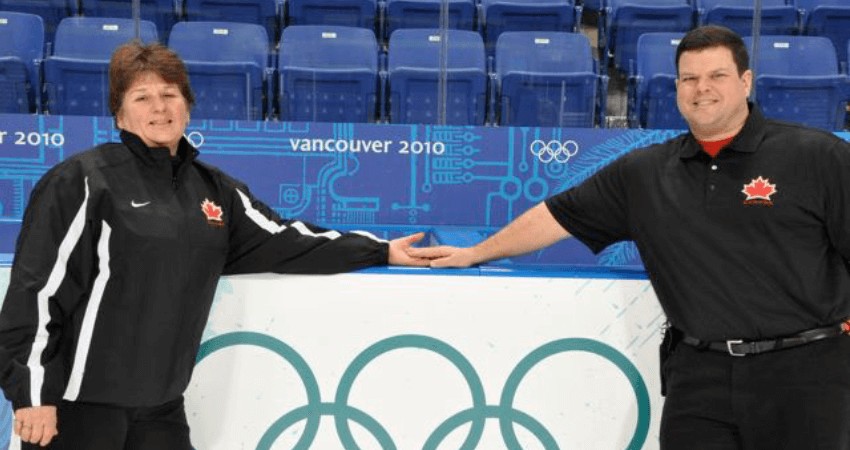
You have over 25 years of experience working in sport and I assume it’s one of those industries where you’re always learning and innovating. What’s something you’ve learned on the job and wish you’d known sooner?
When you are in the business of doing things differently, combined with the need for significant change to get different results, you will always have people who are resistant and unwilling to buy in, especially if they have been one of the louder voices in the community.
Instead of being part of the solution to move the sport forward, they are in your boat drilling holes. The ability to identify the early adopters vs the disruptors is essential to implementing change. You need to figure out what matters to them most, what their “end game” is and connect it to the new path you are on.
It is one of the hardest things to learn and is a skill that can only be developed over time, through the experiences you have. I also learned to know when it is time to move forward without them and how to do that. All of this requires you to have the ability to have important and difficult conversations. The conversation is the relationship so when I look back on my time in sport I would have invested time earlier in my career developing and refining those skills.
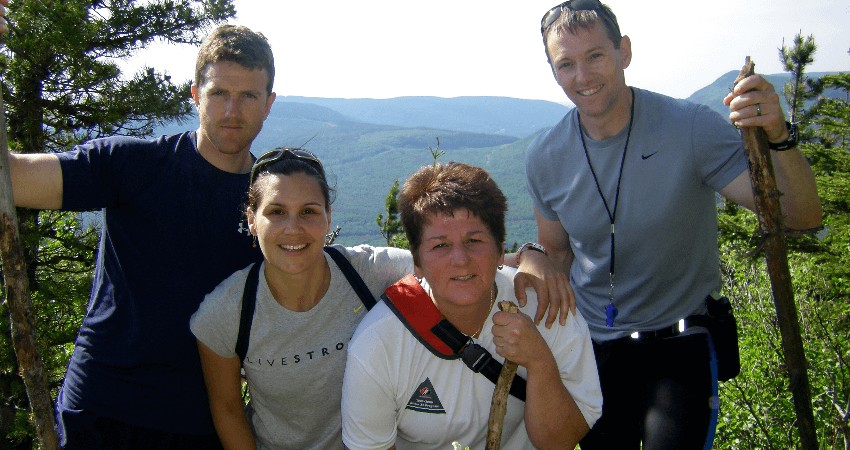
You’ve worked with so many different sports organizations before (Skate Canada, Hockey Canada, Canadian Olympic Committee), is it hard to go from one sport to another? How are you able to transfer your skills across such different sports?
Developing a culture of excellence and building an environment that develops people, supports their long-term success and the success of an organization requires the same values and skills, no matter what sport or business you are working in. Creating an environment that people will succeed in requires you to have an ability to coach and develop people, to be able to see beyond the here and now and envision what is possible if there were no boundaries.
When I moved from Concordia Athletics to Hockey Canada, I continued my immersion in hockey, my focus was being involved in one sport but then I moved to the COC and I was assigned 12 summer and four winter sports, none of which were hockey. I discovered I loved learning about the performance aspects of each sport, discovered I had an affinity for this part of sport and I, as a result, understood what was needed for Olympic success, which better prepared me to support sports as they built their Olympic plans. It has prepared me for the two roles I have had following my time at the COC.
Performance excellence, the principles and best practices that are needed to develop a culture of excellence are not a mystery. The skills needed to envision and develop this culture are transferable from one sport to another, from one role to another.
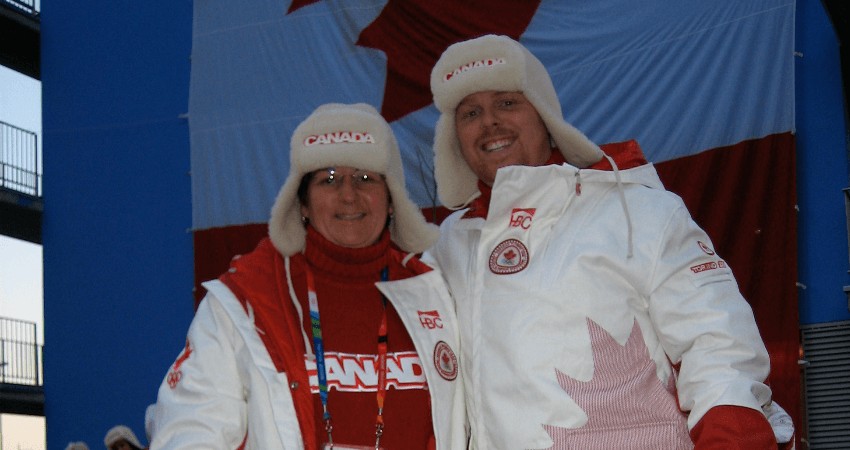
You used to play hockey competitively. Do you think that helped you in your future careers?
I’m a huge supporter of the student-athlete experience and its potential to enrich the time that students spend in college and university. Having to manage school and sport and be successful in both develops so many life skills. Most of my life I was a competitive swimmer, which is more of an individual sport. I participated in community team sports on a very small scale, so it wasn’t until I started college that I truly experienced the joy of team sport.
My experience as a college and university hockey player set me on a new path. It was an easy transition when I finished university to start working in university athletics and to start coaching. My first job in the Department of Recreation and Athletics at Concordia University turned into a series of contracts with different jobs that really set me up for the career I have now. Because my learning wasn’t narrowly focused on one role, I developed new skills each time I changed roles.
In addition, being able to work full-time (to pay the bills) and essentially be a volunteer assistant coach, really ignited my passion for coaching and my involvement in coaching changed everything for me. It is when I discovered a new passion and path.
One of the unexpected results of playing hockey in college and university was the impact my teammates have had on my life, that they continue to have. They are my circle of friends and are an important part of having some form of balance in my life.
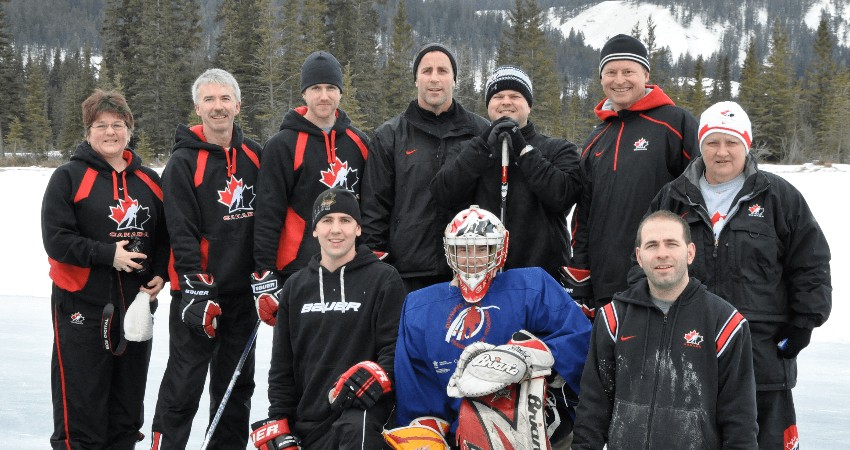
[get_current_post_author_pic_and_name]
Julie Healy knows all about being a good leader. Her background as an athlete and later a coach, instilled qualities in her that now help her empower and develop her team. Of course, it helps that this task is what she loves most about her role. She’s a firm believer that sport is the business of developing people and takes her role very seriously. Julie mentioned that she wishes she had invested more time earlier in her career developing more communication skills because conversation is what builds relationships. Julie is all about innovating and trying new things to help get Canadian Artistic Swimming back on the podium and she is definitely not afraid of a challenge. To quote Julie, “if we continue to do what we have always done, we will continue to get the same results and outcomes.”
The Latest

